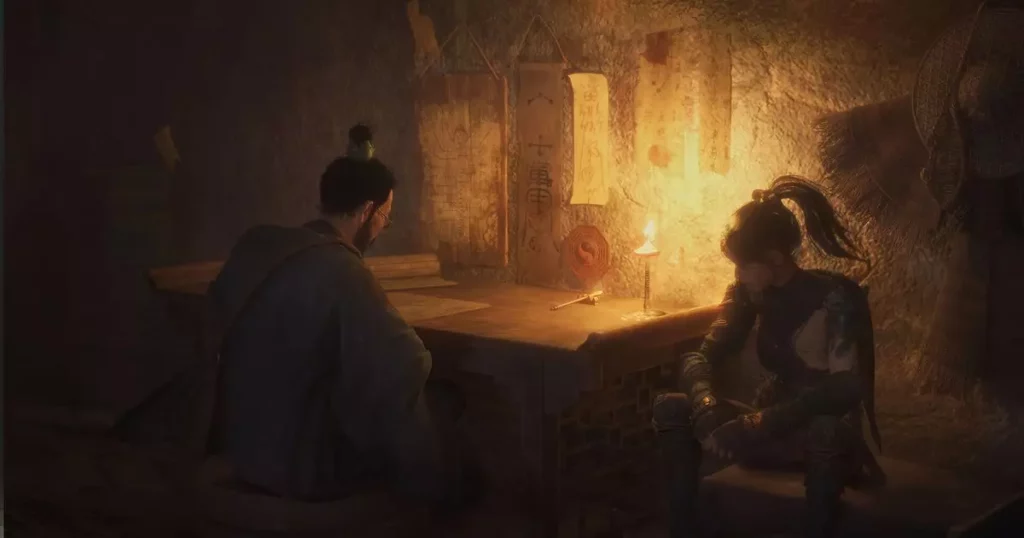In an era where the gaming industry often touts innovation and player-centric design, it’s disheartening to witness the recent upheaval caused by Wuchang: Fallen Feathers’ latest patch. Instead of refining gameplay or expanding narrative depth, the developers imposed changes that effectively render major bosses unkillable— a move clearly influenced by external pressures, namely, Chinese regulatory forces. This kind of censorship weakens the artistic and mechanical integrity of the game, presenting a watered-down experience that alienates core fans who seek challenge and authenticity. The decision not only abstracts the depth of combat but also fundamentally distorts the storytelling—boss fights lost to exhaustion become mere routines rather than climactic moments.
The central issue here lies in a troubling concession to censorship that sacrifices quality and fidelity for political appeasement. Developers, especially those climbing the ranks of international markets, should understand their responsibility to uphold artistic vision despite geopolitical pressures. Making enemies fall down in exhaustion rather than face true defeat strips the game of its tension and gratification, turning what should be meaningful victories into meaningless rituals. This is not progress; it’s capitulation—a compromise that undercuts the very essence of challenging, story-driven gameplay.
The Ethical Dilemma of Modding and Its Role in Player Agency
One might argue that in an imperfect industry, players should simply adapt or accept such changes. However, the emergence of mods like AVK95’s “Rollback censorship patch” demonstrates the resilience and agency of the gaming community. These modifications aren’t just technical workarounds—they symbolize a silent protest against decisions that trivialize game design to satisfy external censorship demands. By reverting to version 1.4, players reclaim control over their gameplay experience, preserving the challenge, narrative depth, and immersion that the developers have sabotaged.
This situation underscores a broader industry failure: when publishers or developers impose draconian updates that harm core gameplay, players are forced into an uncomfortable corner, often resorting to unofficial solutions. It raises questions about the long-term health of the industry—will developers learn to value creative integrity over political expediency, or will we see more titles sacrificed at the altar of censorship? In this context, community-driven mods serve as a form of resistance, asserting the belief that players’ enjoyment and connection to the story should not be secondary to external political pressures.
Market Dynamics and the Power Balance Between Developers and Fans
Beyond individual morality or aesthetic considerations, there’s a strategic dimension at play. In a competitive global market, developers who alienate their dedicated fanbases risk rapid obsolescence. Wuchang’s recent patch and subsequent modding scene highlight the shifting power dynamics within the gaming landscape—where players increasingly demand agency and authenticity. When official channels falter in meeting these demands, communities step in, filling the void through their creativity and persistence.
Game companies must recognize that their success depends not only on raw technological innovation but also on maintaining trust and integrity. Imposing restrictions that diminish challenge and story engagement chips away at their credibility. While publishers may consider censorship or drastic changes as expedient, they ignore the potential for long-term fallout—lost audiences, diminished goodwill, and fractured communities. The resilient modding scene in Wuchang exemplifies a broader truth: in a genuinely healthy industry, players’ voices matter most when developers honor their desire for challenge, storytelling, and artistic freedom.
Strategic Implications and the Future of Game Development
Looking ahead, the industry’s best course is to prioritize stakeholder engagement—listening to players without succumbingly bending to external political or commercial pressures. The controversy surrounding Wuchang’s patch and the community’s reaction should serve as a wake-up call. Developers must understand that authentic gameplay isn’t just a technical feature but an ethical stance—one that upholds challenge, story, and immersion.
Moreover, platforms like Steam should rethink their approach to game updates, offering more flexible rollback options or enabling developers to release earlier versions without the complex workarounds currently needed. The absence of such features hampers user agency, effectively disempowering players from making personal choices about their gaming experience. The industry should realize that empowering players through transparency and respect—rather than censorship and control—will ultimately forge a more resilient and profitable ecosystem.
The Wuchang censorship controversy exemplifies the perilous intersection of political influence and gaming artistry. It underscores a disturbing trend where the pursuit of appeasing external powers undermines core gameplay and community trust, threatening the integrity of the medium itself. As the industry evolves, the question remains: will developers and publishers prioritize authentic storytelling and player agency, or will they continue capitulating to external pressures at the cost of their artistic soul?









Leave a Reply